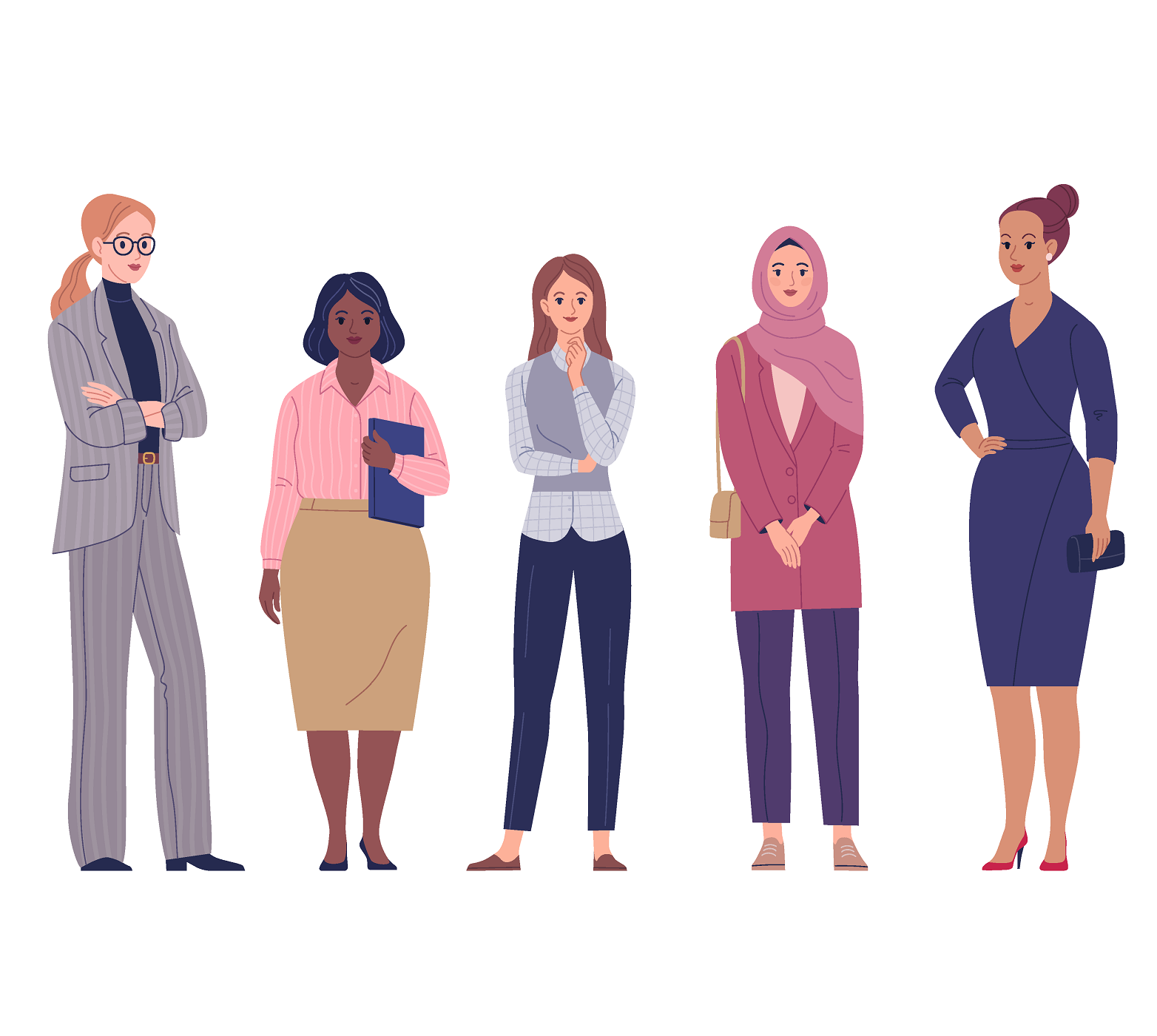Blog March 15, 2023
Despite Professional Successes Many Women Still Experience Imposter Syndrome

At no other time in history have women achieved more economic power and enjoyed greater professional success. Despite a stubborn wage gap, American women are beginning to outpace men educationally and professionally. By as early as 5 years old, girls are 14 percentage points more likely to be “school ready” than boys. The gap persists into adulthood where 46 percent of women between the ages of 25 and 34 hold bachelor’s degrees compared to 36 percent of men.
Yet, despite their growing list of professional accomplishments, women report greater uncertainty about their abilities. New findings from the Survey Center on American Life show that young women often feel like imposters in the workplace.
Imposter syndrome—defined as a persistent doubt that one’s success is deserved or has been legitimately achieved as a result of one’s efforts or skills—affects many working Americans at some point in their career, but it is especially pronounced among women and younger workers. One in three American workers (33 percent) report that the following statement: “I often doubt my professional abilities or achievements” describes them somewhat or very well. This feeling is especially common among young women (age 18 to 29): 43 percent report that this statement describes them well compared to 36 percent of young men.
Young women are also more likely to report feeling “not good at their job” than their colleagues. More than half (55 percent) of young women report that they have felt that they are not good at their job at least once or twice in the last week. Their male peers struggle with imposter syndrome as well, but not quite as much. Less than half (46 percent) of young men report that same feeling.
Surprisingly, women’s educational achievements do not mitigate feelings of self-doubt. Fifty-one percent of college-educated women report feeling like they are not good at their job at least once or twice a week compared to 39 percent of women with some college education and 41 percent of women with a high school education.
The causes of imposter syndrome are multifaceted and difficult to identify. Research has shown that women participate less when they are in meetings with all-male colleagues. Yet, having a female boss does not appear to mitigate professional self-doubts. In Anne Kim’s STEM Voices on the STEM field, women detail their exposure to stereotypes, exclusion from networking opportunities and meaningful mentorship, and pressures to code-switch. Kim finds that cognitive biases and feelings of social isolation intertwine with feelings of doubt and are detrimental to job performance and advancement.
Our research shows that having a friend in the workplace is associated with lower feelings of imposter syndrome, especially among women. Less than half (43 percent) of women who have a friend or a close friend at their workplace say they have doubted their professional ability at least once in the past week. For women without any friends in the office, nearly six in ten (59 percent) reported feeling this way.
Women who say they are supported by their coworkers are also less likely to report doubting their professional abilities and accomplishments.
Even though women are by many economic metrics, thriving in the workplace and education system, imposter syndrome presents a stubborn barrier to long-term career advancement and personal health and well-being. The good news for many women is that feelings of self-doubt recede as experience and professional growth increase. Further, women who are able to cultivate friendships in the workplace may struggle less with imposter syndrome because they receive regular support and affirmation from their peers.








